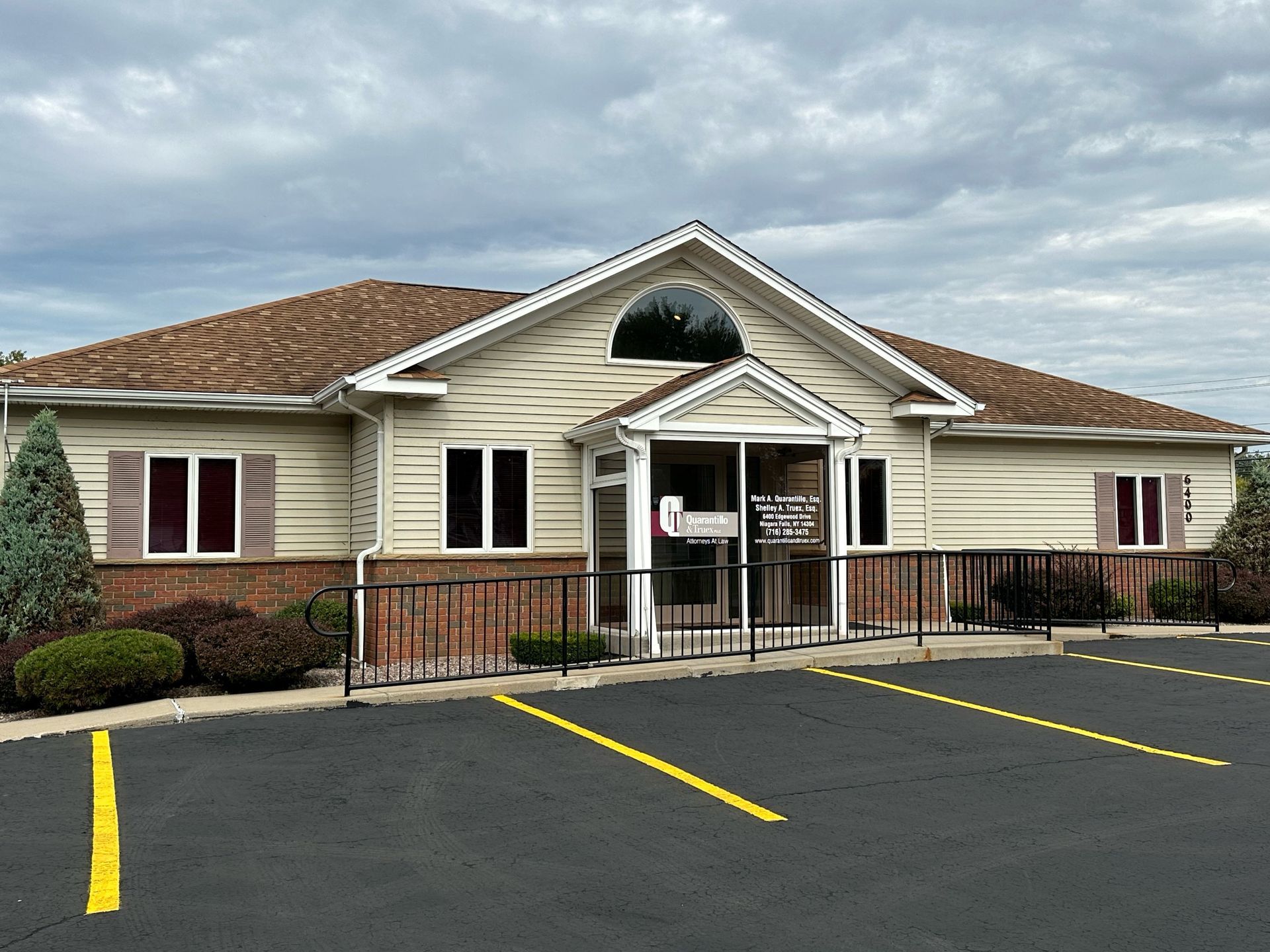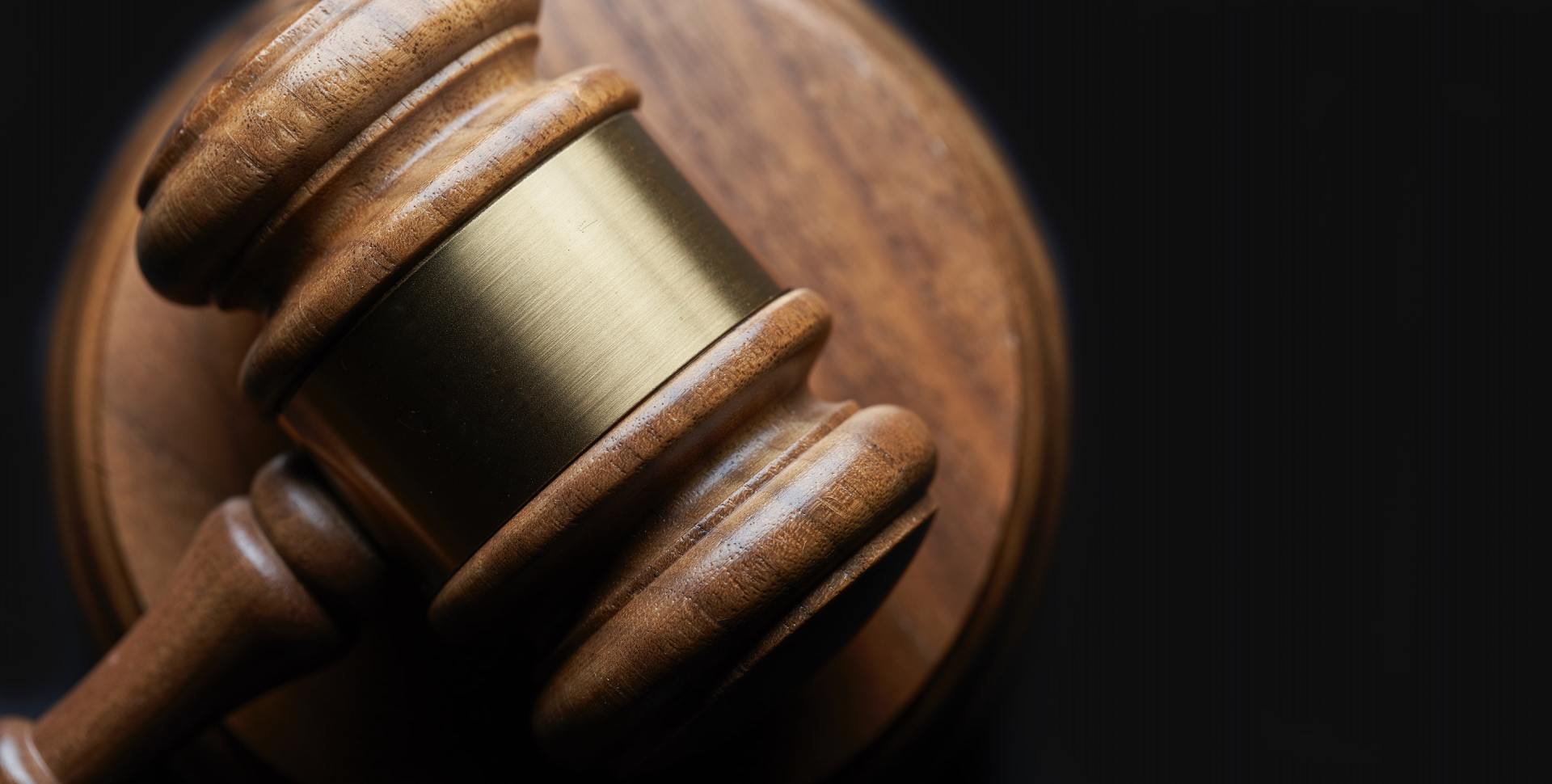Hidden Consequences of a Criminal Conviction: Beyond Jail Time
Long-Term Impacts of a Criminal Conviction
When facing criminal charges, most people focus on the immediate penalties: fines, probation, and the possibility of jail time. While these are significant concerns, they represent only the beginning of a long journey. The reality is that a criminal conviction carries a wide array of hidden consequences that can follow you for years, affecting nearly every aspect of your life. These are often called the "collateral consequences of conviction," and they can be just as damaging as the initial sentence.
Understanding these long-term impacts is crucial for anyone navigating the criminal justice system. A conviction can create barriers to stable employment, secure housing, and even fundamental civil rights. Learn all about the less obvious repercussions of a criminal record and discuss potential ways to mitigate them. Quarantillo & Truex can explain how a conviction can impact your career, housing situation, immigration status, and personal freedoms long after you have served your time.
Employment, Licensing, and Professional Registration Risks
One of the most significant and immediate challenges for someone with a criminal record is securing and maintaining employment. Many employers conduct background checks as a standard part of the hiring process. A conviction, especially for a felony, can automatically disqualify you from certain positions, regardless of your qualifications or how long ago the offense occurred.
The question of how a criminal record affects employment in New York is complex. New York State has laws designed to prevent automatic discrimination, but employers are still permitted to consider convictions if the crime is directly related to the job's duties or if hiring the individual would pose an unreasonable risk. For example, a conviction for fraud could prevent you from working in finance, and a violent offense could bar you from a role involving public safety.
Beyond general employment, a criminal record can jeopardize professional licenses. Occupations such as nursing, teaching, real estate, and law require state-issued licenses to practice. A conviction can lead to the denial of a new license application or the suspension or revocation of an existing one. Professional boards have wide discretion in these matters, making it essential to have skilled legal guidance when your career is on the line.
Housing, Eviction, and Public Benefits Impacts
Finding a safe and stable place to live is another major hurdle. Landlords, much like employers, frequently run background checks on prospective tenants. A criminal record can be grounds for denying a rental application, leaving you with limited and often less desirable housing options. Private landlords have significant leeway in their screening processes, and a past conviction can be a difficult stigma to overcome.
This issue extends to public and subsidized housing. Many public housing authorities have strict rules that can disqualify individuals with certain types of criminal records from eligibility. In some cases, an entire family can face eviction if one member of the household is convicted of a crime, even if the offense did not occur on the property.
Furthermore, a conviction can affect your eligibility for government assistance programs. Benefits like the Supplemental Nutrition Assistance Program (SNAP) and Temporary Assistance for Needy Families (TANF) may be restricted or denied, particularly for drug-related felony convictions. These policies can strip away a critical safety net at the moment you need it most.
Immigration, Visa, and Deportation Risks
For non-citizens, the immigration consequences of a criminal conviction can be the most severe penalty of all. Under federal immigration law, a wide range of criminal offenses can render a person deportable, even if they are a lawful permanent resident (green card holder) who has lived in the United States for decades.
Crimes that can trigger deportation include "crimes of moral turpitude," aggravated felonies, drug offenses, firearm offenses, and domestic violence convictions. The definition of these categories is broad and can sometimes include misdemeanors under state law. A conviction can also make you inadmissible, preventing you from re-entering the country after travel or adjusting your status to become a permanent resident or citizen.
Navigating the intersection of criminal and immigration law is incredibly complex. What might seem like a minor offense can have devastating and permanent consequences for your ability to remain in the country with your family.
Gun Rights, Voting Rights, and Other Civil Disabilities
A criminal conviction, particularly a felony, can result in the loss of fundamental civil rights. These are often referred to as "civil disabilities." One of the most well-known is the restriction on firearm ownership. Federal and state laws prohibit convicted felons from purchasing, possessing, or owning a gun, often for life.
Your right to vote can also be taken away. While rules vary by state, many jurisdictions disenfranchise individuals while they are incarcerated, on parole, or on probation for a felony conviction. Some states have lifetime voting bans for certain offenses. Re-enfranchisement is often a complicated process that does not happen automatically.
Other civil liberties may be impacted as well. For instance, a felony conviction can prevent you from serving on a jury or holding public office. These consequences can leave you feeling like a second-class citizen, unable to fully participate in the community long after you have paid your debt to society.
Insurance, Loans, and Background Check Issues
The reach of a criminal record extends into your financial life. When you apply for insurance, whether it's for a car or a home, the company may view you as a higher risk and charge you significantly higher premiums or deny coverage altogether.
Similarly, obtaining a loan can become much more difficult. Banks and other lending institutions often conduct background checks as part of their due diligence. A criminal history can be a red flag, making it harder to secure a mortgage, a car loan, or even a small business loan. This can create a significant barrier to building wealth and achieving financial stability.
The pervasive nature of commercial background checks means your record can surface in unexpected places, potentially affecting everything from volunteering at your child's school to adopting a pet.
How Sealing or Expungement Might Mitigate Consequences
While the collateral consequences of a conviction are daunting, there may be a path forward. Many jurisdictions offer legal remedies like sealing or expungement, which can limit the public visibility of a criminal record.
- Sealing a record generally means it is removed from public view, though it may still be accessible to law enforcement and certain government agencies.
- Expungement is a more powerful remedy, as it typically involves the complete destruction of the record.
In New York, for example, certain convictions can be sealed after a 10-year waiting period, provided you have remained crime-free. This can make a tremendous difference when applying for jobs or housing, as a sealed record will not appear on most background checks. However, eligibility rules are strict and the process can be complex.
Exploring these options is a critical step toward moving past a conviction. An experienced attorney can help you determine if you are eligible for sealing or another form of post-conviction relief and guide you through the necessary legal proceedings.
Contact Quarantillo & Truex to Take the Next Step
The hidden consequences of a criminal conviction can be overwhelming, but you do not have to face them alone. Understanding the full scope of potential penalties is the first step in building a strong defense and planning for your future. If you or a loved one is facing criminal charges, it is vital to seek guidance from a legal team that sees the whole picture—not just the immediate court case.
Contact Quarantillo & Truex today to schedule a consultation with a criminal law attorney who will help protect your future if you are facing legal charges. We have vast knowledge of the legal system and can help protect you from harsh penalties. We can provide criminal defense for clients in the
Lockport,
Niagara Falls,
Buffalo, NY areas and beyond!
Contact us today for
criminal law representation.









